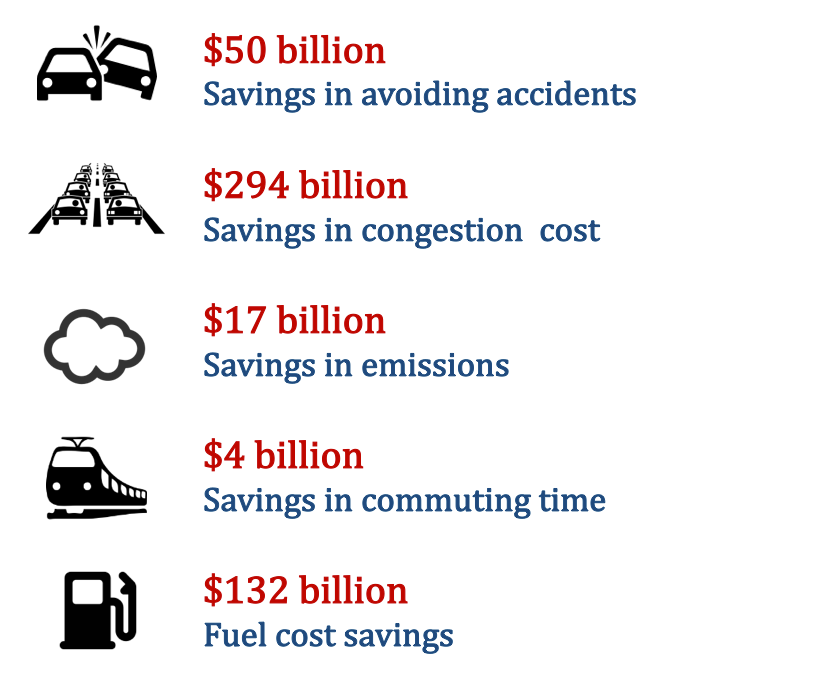Whitepaper shows how smarter and more society oriented innovation will address challenges of congestion and air quality, facilitate economic growth and improve people’s quality of life.
In the future of Transport and Mobility, the key question is how will we empower our increasingly urbanised global population with door-to-door, multi-modal transport solutions that will be affordable for all our citizens. And furthermore, how can we deploy innovation to solve the growing challenges of congestion, emissions, safety, convenience and comfort?
In our Social Innovation in Transport & Mobility Whitepaper we discuss how the global transportation market is experiencing a period of disruption. In light of several converging mega trends, a combination of new technology and society led innovation is transforming mobility products and services, and delivering a fundamental change in consumer expectations in the process.
This is resulting in new business models based around mobility-as-a-service, providing a combination of on-demand transport solutions addressing how to get from A to B most effectively - a new paradigm of technology led Mobility Integration.
We are already witnessing new mobility business models, like car-sharing, cycle hire, and on-demand transport applications, increase the convenience and utilisation of mobility, and positively influence behaviour change towards a more sustainable urban mobility.
But more needs to be done. Congestion already stifles the global economy an estimated 2% of GDP per year, and air pollution causes in excess of 7 million deaths per year. As the need for urban mobility increases, smarter and more society oriented innovation is required to overcome these increasing challenges of congestion and air quality, to facilitate continued economic growth and improve people’s quality of life.
"The future of mobility is set to become far more integrated and seamless, providing customers with a range of travel options, as opposed to the provision of largely individual modes of transport we see today"
The way we view transportation is also continually evolving. The proportion of mass transit in several mega cities now exceeds that of private transportation, owing to significant transit infrastructure development and a shift in mindset and acceptance of such solutions. In London for example, just 34% of trips are made by private car, with the remainder by public transport, walking or cycling. We’ve seen declining applications for driving licenses amongst 16-29 year olds in particular over the last decade in the UK (9%), France (4%), and Germany (14%).
Social Innovation is also playing a huge role in the advancement of rail travel. The length of high-speed rail track is forecast to grow from 50,000 km to over 90,000km by 2020 with particular growth in China. Overall rail passenger kilometres are forecast to grow from 3.2bn to 4.7bn by 2020. Several rolling stock companies are innovating on their business model to provide trains as a service, inclusive of maintenance and engineering capability, for the duration of a contract and to an agreed service level agreement. Not only does this expand the scope and revenue potential of operators, it increases trust, longevity and fosters collaboration between manufacturers and operators.
Looking ahead we see an opportunity for Social Innovation in transport and mobility to deliver a $500 billion impact per year by 2020 from savings in accidents, congestion, emissions, commuting time and fuel usage.

Companies that adopt visionary thinking with Social Innovation at their core are set to realise multiple benefits, notably with expanding value chain opportunities. Their cumulative innovation efforts will also deliver life changing benefits to both users and non-users of the transport network by improving the journey experience and connecting people within a smart community, to improve the society in which people live.